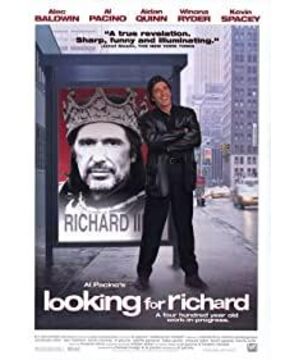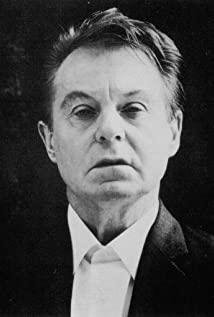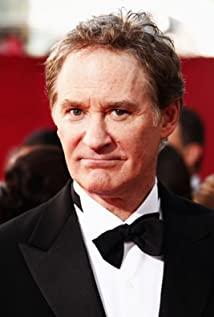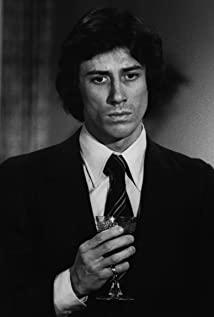Some of the things Pacino is doing:
Bring Shakespeare more accessible to the public.
The first question Pacino asks is naive: Can the audience understand this history. No one understands this history, no one can understand the relationship between the characters, and no one can keep up with the plot. This is the most immediate gap between the modern audience and Shakespeare. In this regard, I think that interest is the best teacher.
The second problem is: the audience does not understand Shakespeare's language. Pacino has the answer to this question. When we read, watch Shakespeare's plays, "You don't have to understand every word, just get a gist of what's going on. You ears have to get tuned to the language."
Who has the authority to interpret Shakespeare?
This docudrama is post-modernism, so Pacino is challenging English scholars' authority to interpret Shakespeare as an actor. One of my favorite parts is Kimble yelling at Pacino that you are better than any Scholars from Columbia or Harvard. Know Richard III better. Pacino said but everyone can express their Opinion, Kimble said, so why can they express it to a camera? When we study Shakespeare, we are willing to take in whatever the scholars say. But Pacino is challenging that. He didn't just stay in a room and rehearse discussions, he went out to the street and had American citizens speak to the camera and express their thoughts on Shakespeare. I was very impressed by what an African American said: Intelligence is hooked with language. When we speak with no feeling we get nothing out of our society. We should speak like Shakespeare. We should introduce Shakespeare into the academics. You know why? Because then the kids would have feelings. So we have no feelings, what's why it's easy for us to get a gun and shoot at each other. We don't feel for each other, but if we were taught to feel, we wouldn't be so violent. Shakespeare did more than help us. He instructed us.
What Shakespeare taught us was never history, but human nature and emotion. As one of the scholars said: The text is only a means of expressing what's behind the text. What matters is you have to penetrate one way or the another, into what, at every moment, it's about.
From the perspective of Actor and Post-modernism, Pacino challenges scholars who uses logic and historical facts to find MEANING in Shakespeare, Pacino shows how actors use the timeless human emotion and humanity to recognize their characters.
Instead of focusing on the history of the War of the Roses, or curses and religion, Pacino is doing a Psychological Exploration of Richard. He uses the lens to show Richard, who was real in history and then dramatized by Shakespeare The psychological process of the character. For example, the dreams in the flash mob show Richard's uneasy conscience, the rehearsal between Pacino and Pacino's Richard in rehearsal after waking up to show the divided self, and the frightened eyes of Richard's corpse at the end. To Silence. But at the same time, some Scholars of this era argued: "Elizabethan and jacobean playwrights were not concerned with constructing psychologically consistent characters. Thus, achieving realistic characterisation was unlikley to have been Shakespeare's aim." But the actors still wanted to probe the character's heart.
Finally, this docudrama begins and ends with an excerpt from Tempest:
"Our revels now are ended.
These our actors,
As I foretold you, were all spirits, and
Are melted into air, into thin air;
And, like the baseless fabric of this vision,
The cloud-capped towers, the gorgeous palaces,
The solemn temples,
Yea, all which it inherits, shall dissolve;
And, like this insubstantial pageant faded,
Leave not a rack behind. We are such stuff
As dreams are made on, and our little life
Is rounded with a sleep.”
The grand, brutal, and slaughter of power in the War of the Roses finally came to a calm and silent tone. In fact, every piece of history is like this, only the human nature in it is still talked about by later generations.
View more about Looking for Richard reviews











